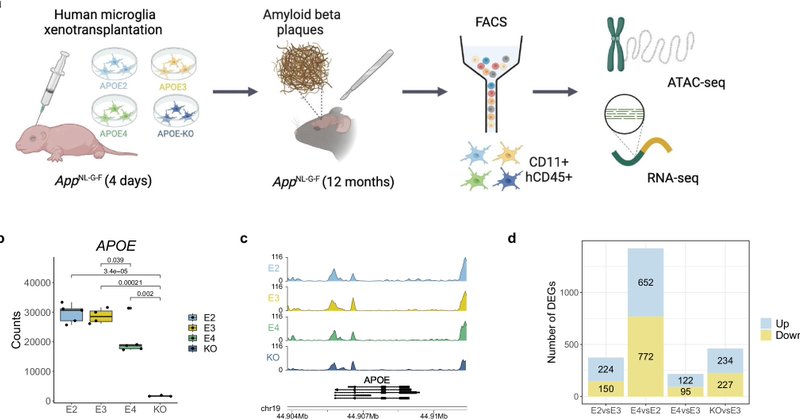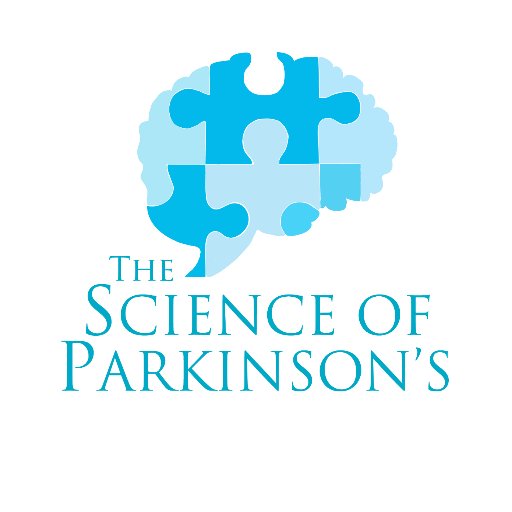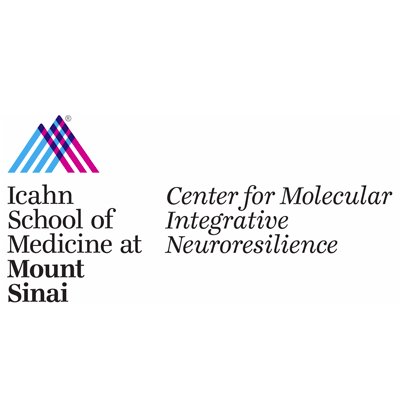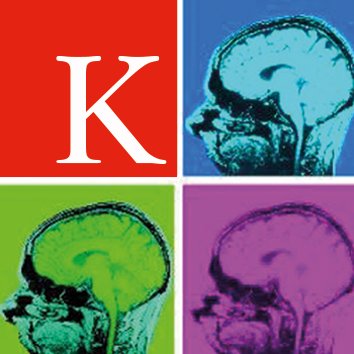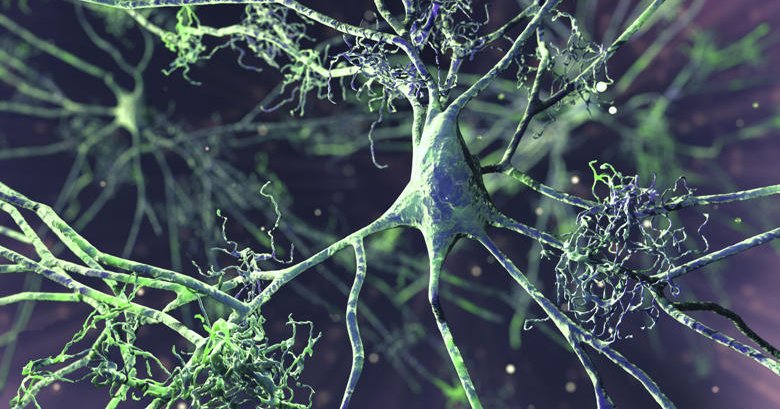
Sarah Marzi
@sj_marzi
Followers
4K
Following
8K
Media
457
Statuses
4K
Senior Lecturer and @UKDRI Group Leader @KingsIoPPN #epigenomics #neurodegeneration 🧬🧠
London, England
Joined May 2015
How does APOE change your risk of developing Alzheimer's disease? At least partially by changing the function of immune cells in your brain 🧠🧬 New paper out in @NatureComms today : https://t.co/ubseQjtODn
@UKDRI @KingsIoPPN @ImperialMed @VIBLifeSciences
nature.com
Nature Communications - APOE is the strongest risk gene for late onset Alzheimer’s disease and its expression is upregulated in microglia in response to amyloid beta. Here, the authors show...
2
5
68
UK DRI @UKDRI at King’s, London. Seeks Research Assistant in Dr Sarah Marzi’s @sj_marzi group to support stem cell culture, assays, and genomic work on neurodegenerative disease. Closing date: 6th October https://t.co/J23Lg0Mz0p
dementiaresearcher.nihr.ac.uk
UK DRI at King’s, London. Seeks Research Assistant in Dr Sarah Marzi’s group to support stem cell culture, assays, and genomic work on neurodegenerative disease
0
2
2
From fellowship heartbreak to rewriting success — stories of resilience in research funding on this week’s podcast. Available to Watch on YouTube now, or wait until Monday to find it in your podcast app. https://t.co/gZ1kE29yLg
0
5
4
Join us at the @FENSorg Winter School on brain single cell & spatial omics, with: @RongFan8
@ozgungokce
@GioeleLaManno
@sj_marzi
@metaboflo
@TreutleinLab
@JPLopezAtalaya Sara Bizzotto Gabriel Santpere Baró Bosiljka Tasic co-organised with Ana Mendanha Falcão @icvs_uminho
🌟 Registration is now OPEN! 🌟 Join the 2025-2026 #FENS-Hertie #WinterSchool and explore this year's topic – Single-cell and Spatial Omics to Understand Brain Heterogeneity! 🔬 📍 Alicante, Spain 🗓️ 11-17 Jan 2026 🔗 https://t.co/jIbTwtzYhI
0
10
28
New research from @sj_marzi & collaborators finds "evidence that cellular response to rotenone is not only characterized by oxidative stress & mitochondrial dysfunction but is epigenetically regulated in a brain-region-specific manner"; #Parkinsons
https://t.co/cU4iEKoHCD
1
1
7
It has been and continues to be an excellent collaboration and many thanks go to the brilliant team: Maria Tsalenchuk, Kyle Farmer, Sandra Castro, Abigail Scheirer, @yuqian_ye, Tim Greenamyre and Emily Rocha 🙏
0
0
1
Conversely, we see disruption of synaptic genes in the motor cortex. These results suggest reasons why neurons in the nigra may be particularly vulnerable and why we see impairments in synaptic plasticity in the motor cortex.
1
0
1
In this work, led by Maria Tsalenchuk, PhD, we show that chronic exposure to the pesticide rotenone leads to different histone acetylation patterns in the substantia nigra and motor cortex. In the nigra we see striking upregulation of immune pathways.
1
0
1
☣️🐀 Pesticide exposure in rats changes epigenetic signatures in different brain regions! Latest paper from our fruitful collaboration with Emily Rocha and Tim Greenamyre, linking epigenetic signatures of exposure to toxicants to Parkinson's disease.: https://t.co/5kQ3XBybXF
2
7
30
Cells in key brain regions involved in Parkinson’s retain a ‘memory’ of pesticide exposure that disrupts gene expression🧬 Research by @sj_marzi & colleagues unlocks understanding of the mechanisms behind the role of pesticide exposure in Parkinson’s👉 https://t.co/SuuMBrMdkp
1
3
15
Good times discussing all things #epigenetics and #microglia at our symposium with this awesome group: Jonas Neher, Susanne Kooistra, @MancusoRenzo. And enjoying the sun and science at #glia2025 in Marseille, while hoping that fires can be contained.
0
1
30
Really excited to speak at the Canadian Conference on Epigenetics. Join us in beautiful Banff in November 👇🏻
Registration is now OPEN for the 11th Canadian Conference on Epigenetics! The annual meeting will be held November 12-15, 2025 at the @banffcentre in Banff, Alberta. You can register and find out more information at our website. https://t.co/mIf4IfReB1
0
1
19
🎙️ New podcast: Between the signals - What is motor neuron disease?🎙️ Ahead of #GlobalMNDAwarenessDay, UK DRI at King's have launched a new public podcast aimed at increasing understanding about neurodegenerative conditions Listen or watch episode 1 👉 https://t.co/tLofQhgEWG
1
8
17
What is epigenetics, and could it be important in the development of motor neuron disease / ALS? 🤔 At the UK DRI at King's, Group Leader Dr @sj_marzi lab is using cutting-edge genomic techniques to study how environmental factors over our lifetime can alter gene regulation in
0
5
17
The apolipoprotein E (APOE) gene is a major genetic risk factor for Alzheimer's, but different versions of the protein confer strikingly different risk profiles. New research led by @sj_marzi offers insight into how the different versions of APOE affect
0
6
10
STUDY by @sj_marzi, Kitty Murphy, et al. offers clues into how APOE isoforms differentially affect human #Microglia function in #Alzheimers, suggests how APOE2 is protective while APOE4 increases disease risk by regulating brain's immune cells @NatureComms
https://t.co/myGOdvAtZx
1
2
6
How do proteins involved in the metabolism of fats in the body change your risk of developing #Alzheimer's disease? A new study from @sj_marzi and @UKDRI in @NatureComms looks at differing versions of the APOE gene and the effects on the brain. https://t.co/Yxaq4kEEPw
kcl.ac.uk
New study suggests how APOE2 is protective while APOE4 increases disease risk by regulating the brain's immune cells.
0
3
7
Excited to share these results with you after 4 years of work. Huge thanks and congrats to the wonderful lead author Kitty Murphy and all fantastic team members here and from the DeStrooper and Mancuso labs. So grateful to the @alzassociation and all funders for supporting us.
0
0
0
Importantly, some of the protective effects of APOE2 on immune functioning seem to be driven through increased DNA binding of vitamin D receptor, potentially opening up new avenues to explore therapeutic intervention.
1
0
2
We studied human microglia harbouring the different APOE variants, xenografted into an Alzheimer's mouse model. Our results suggest that functions including cellular motility, inflammatory immune response and phagocytosis are directly affected by the APOE isoforms.
1
0
3

